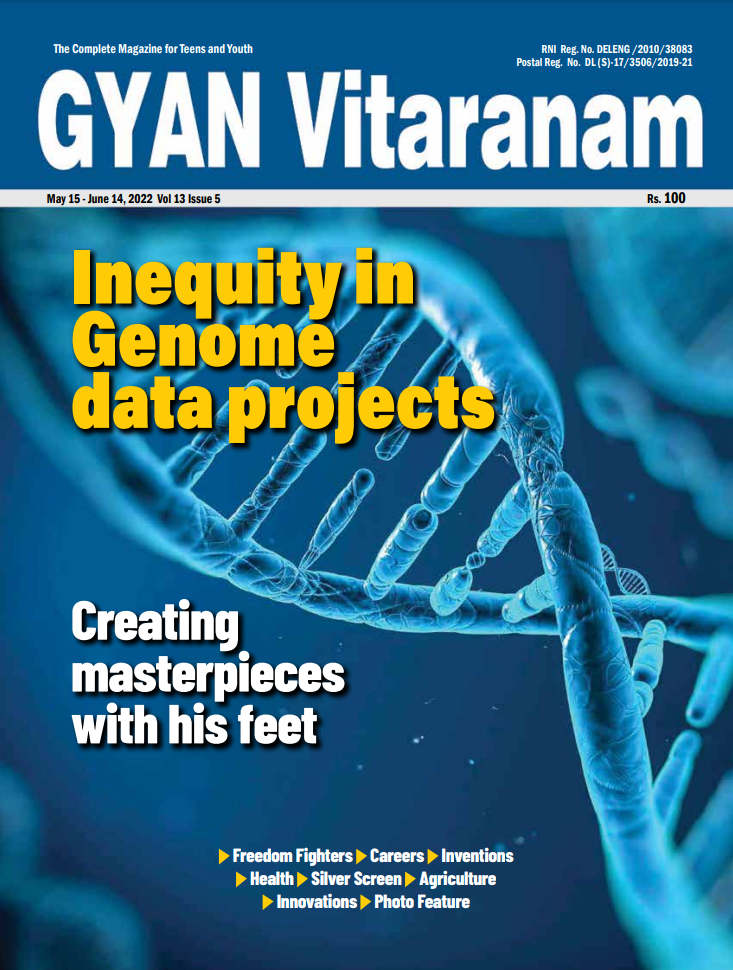A truly complete human genome sequence announced in April this year represents an incredible scientific achievement, providing the first comprehensive view of our DNA blueprint. This result and the recent ‘emergence of the Human Pangenome Project’ have triggered hopes of an equitable and more realistic approach to data sequencing as well as drug research. The youth of the country is rightly concerned against the inequity inbuilt into the human genome projects over the last two decades in terms of data collection as well as their use. There is a growing demand for inclusive projects which respect the rights of indigenous and marginalised people by utilising the latest sequencing technology for studying the complete data.
When the ‘Human Genome Project’ announced nearly 25 years ago that the human genome sequencing was almost complete (99 per cent), it was considered final. But in view of the gaps left out, the percentage was eventually....

